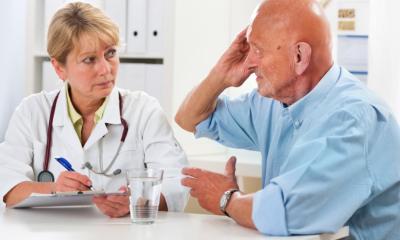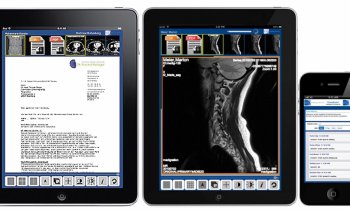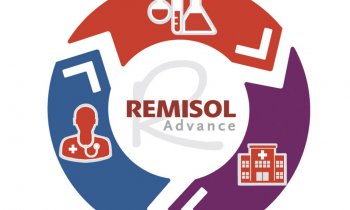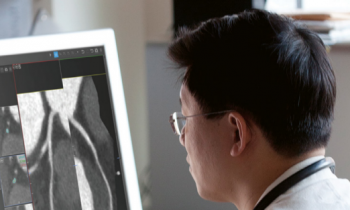Mobile
App capable of halving medication errors
The Calité Research group at the Miguel Hernández University (UMH) of Elche together with the Department of Statistics, Mathematics and Computer Science, have designed the app ‘Alicia’. The aim of this application adapted to iPhone, iPad and Android, is to help patients over 65 years with multiple pathologies to administer their own medication at home.

The team collaborated with different Spanish medical centres and was coordinated by the Professor José Joaquín Mira. This app has been tested on 99 patients from Alicante and was able to reduce medication mistakes in up to 41, 2% of cases.
The most frequent causes of mishaps in drug self-administration, according to the team’s data are: 36% forgetfulness, 21% lack of medicines at home, 20% natural products are used without informing the doctor and 16% choose to drop medication without telling the doctor. During the control tests, carried out over several months, the researchers also proved that 94% of users who tested the application considered it easy to use.
As Professor Mira explains, in a previous analysis the team found that a high number of patients were confused with their medication, especially the elderly, where the possibility of error is multiplied. "With this system, both family and doctor can establish a control of the medication in the interest of patient safety," says the professor. The application warns when it is time to take a dose or a walk or any other activity complementary to treatment. The development of 'Alicia' has received funding from the Ministry of Health and has the approval of the various ethics and control bodies.
'Alicia' has been developed on an experimental basis. Its design is complex because it must be personalised and requires having a constant update of maintenance codes, which has so far hampered its download on the App Store. According to Mira, to make it available to the public requires receiving support that enables its transfer and ensures its protection on the market. "Our main goal was to find out if an application of this nature could be useful for these pluri-medicated senior citizens and if they were able to use it. Indeed 'Alicia' improves compliance and safety in medication regimens," says the professor. He adds: "It reduced the repetition of mistakes in almost half of cases and increased involvement in self-care."
Source: Press release Asociación RUVID
09.02.2015











